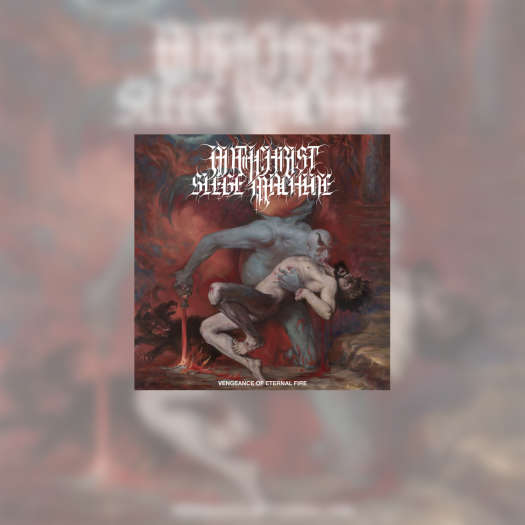Given Clint Eastwood's tendency to remove a guiding vision from his films, typically relying on the actors and cinematographers to make or break works noted mainly for the occasional heavy-handed juxtaposition, his interpretation, or rather lack thereof, is both a blessing and a curse for Milk scribe Dustin Lance Black's slanted, oft-melodramatic screenplay. Black's assessment of the titular J. Edgar (Leonardo DiCaprio) is one of psychological intrigue, noting his complicated relationship with a controlling mother (Judi Dench) and his resultant misanthropic tendencies. Acknowledging that most of Hoover's life is shrouded in mystery ― something that is discussed on the sole Blu-Ray supplement, "J. Edgar: The Most Powerful Man in the World" ― he attempts to break down how such a determined and focused man could maintain close relationships with his loyal, lifelong secretary, Helen Gandy (Naomi Watts), and his Associate Director confidante, Clyde Tolson (Armie Hammer), for 48 years while running the Federal Bureau of Investigations. And within these character exchanges, often juxtaposed with beginnings and endings decades apart for dramatic effect, there's a strong emotional thread that makes J. Edgar a tolerable film. Hammer interprets Tolson as a compassionate, steadying force that keeps Hoover's more erratic, megalomaniac tendencies in check, managing to call out his friend (and potential lover) on compulsive lying without it seeming like an attack. Similarly, Watts portrays Gandy as a loyal, career-minded woman that subtly understands the greater benefit of Hoover's shrewd eye for investigation techniques despite his tendency towards blackmail, extreme egotism and his misinterpretation of the Civil Rights movement as a Communist coup. Quiet moments of these characters interacting work effectively, even through the occasionally sloppy prosthetic make-up, generating the necessary human element to make Hoover more than just a series of historical tidbits. It's just unfortunate that the many inevitable historical characters that entered Hoover's life, such as Robert Kennedy, Charles Lindbergh, Shirley Temple and Richard Nixon, pop up inexplicably for garish camp value, existing as one-note caricatures. Black has clearly included them just to ensure maximum exposure to American minutiae, but while Eastwood's non-existent vision serves the intimate character interactions well, his flat inclusion of superfluous spectacle knocks us out of the moment, especially given his inability to contextualize or integrate with any sort of tone beyond his trademark washed-out aesthetic. Resultantly, anyone looking for a historical biopic will surely be disappointed in a film more interested in repressed homosexual feelings and psychological dysphoria, regardless of Eastwood's tepid avoidance of such.
(Warner)J. Edgar [Blu-Ray]
Clint Eastwood

BY Robert BellPublished Mar 5, 2012



